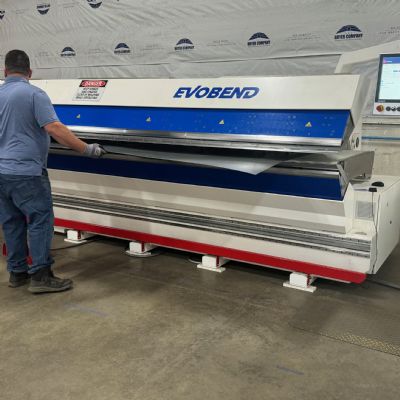Succession Planning—Often Your Achilles Heel—How to Avoid the Pain
May 1, 2010Comments
Two phone calls in the same week from readers rang my (it’s-time-to-write-a-succession-planning-article) bell. The first call is a succession planning horror story. The caller unnecessarily loses millions to the IRS. The second call makes me want to explode: another spent-a-lot-of-money-on-lawyers-and-still-don’t-know-what-to-do tax tragedy.
First, we’ll spell out the facts behind each call, then the succession problems, and finally, you’ll be surprised by the simple solutions in both cases.
If you are a business owner with a succession plan problem, chances are you are about to learn how to avoid your own Achilles’ heel pain, and avoid losing a ton of taxes to the IRS.
The first caller (Joe) sold his business (Success Co.) to his sons (Sam and Sid) four years ago for $3 million, payable over eight years, plus interest at 5.25 percent on the unpaid balance. Today the balance due is $1.4 million.
Let’s assess the tax damage to Joe and his sons. First the boys: Sam and Sid are in a 40-percent tax bracket (state and federal combined). To have $1 million (after-tax) to pay their dad, they must earn $1.66 million, then pay $660,000 in income tax. Since the price is $3 million, the ultimate income tax burden to the boys will be $1,980,000 (3 x $660,000).
How will Joe be taxed? Well, his tax basis for his Success Co. stock (100 percent of the company) was $287,000 (let’s round it to $300,000). So, Joe’s capital gain over the eight years will be $2.7 million ($3 million less $300,000). What’s his capital gains tax? A mere $405,000 ($2.7 million x 15 percent).
Can you believe this tragic tax picture? The boys must make $4,980,000, while the family gets eaten alive by a tax burden of $2,385,000 ($1,980,000 for Sam and Sid, plus $405,000 for dad). Only $2,595,000 remains of that $4,980,000—truly a tax travesty.
Note: Since the boys can deduct the interest paid to their dad, while Joe must pay tax on this interest, the net tax result is a wash.
Now, the $2,385,000 question—Is there some that Joe and the boys could have avoided that $2,385,000 tax? The answer is a yes!
Joe should have transferred the stock to Sam and Sid using an intentionally defective trust (IDT). An IDT is a simple, quick and easy strategy: Joe sells the Success Co. stock to the IDT for a $3 million note. The cash flow of Success Co. is used to pay the note, plus interest. When the note is paid, the trustee distributes the stock to the beneficiaries, Sam and Sid. Neither Sam nor Sid pay even one penny in taxes for the stock. Because an IDT is intentionally defective for income-tax purposes, Joe, courtesy of the IDT tax law, receives the entire $3 million plus interest tax-free—not one cent in capital gains tax or income tax.









